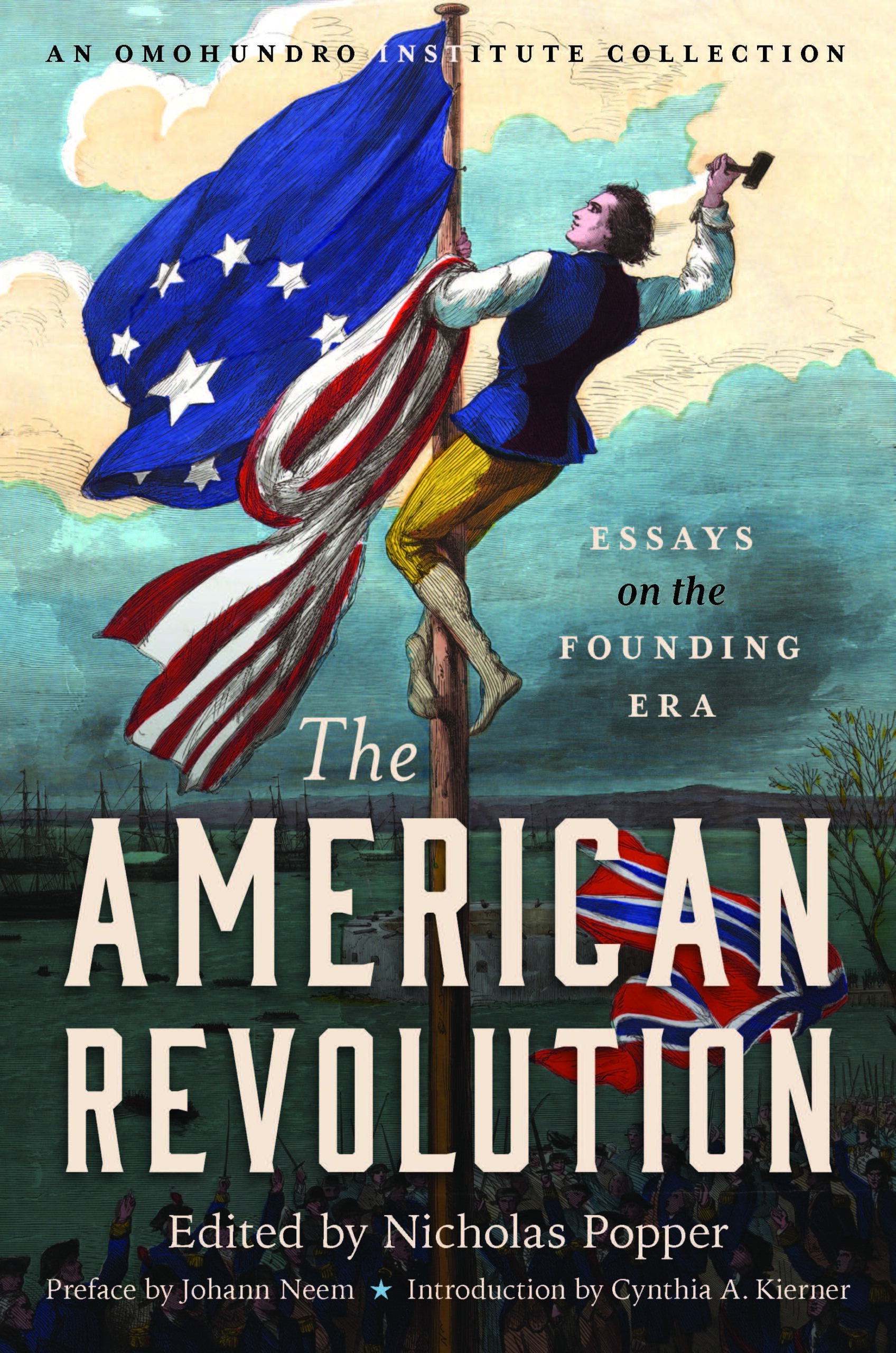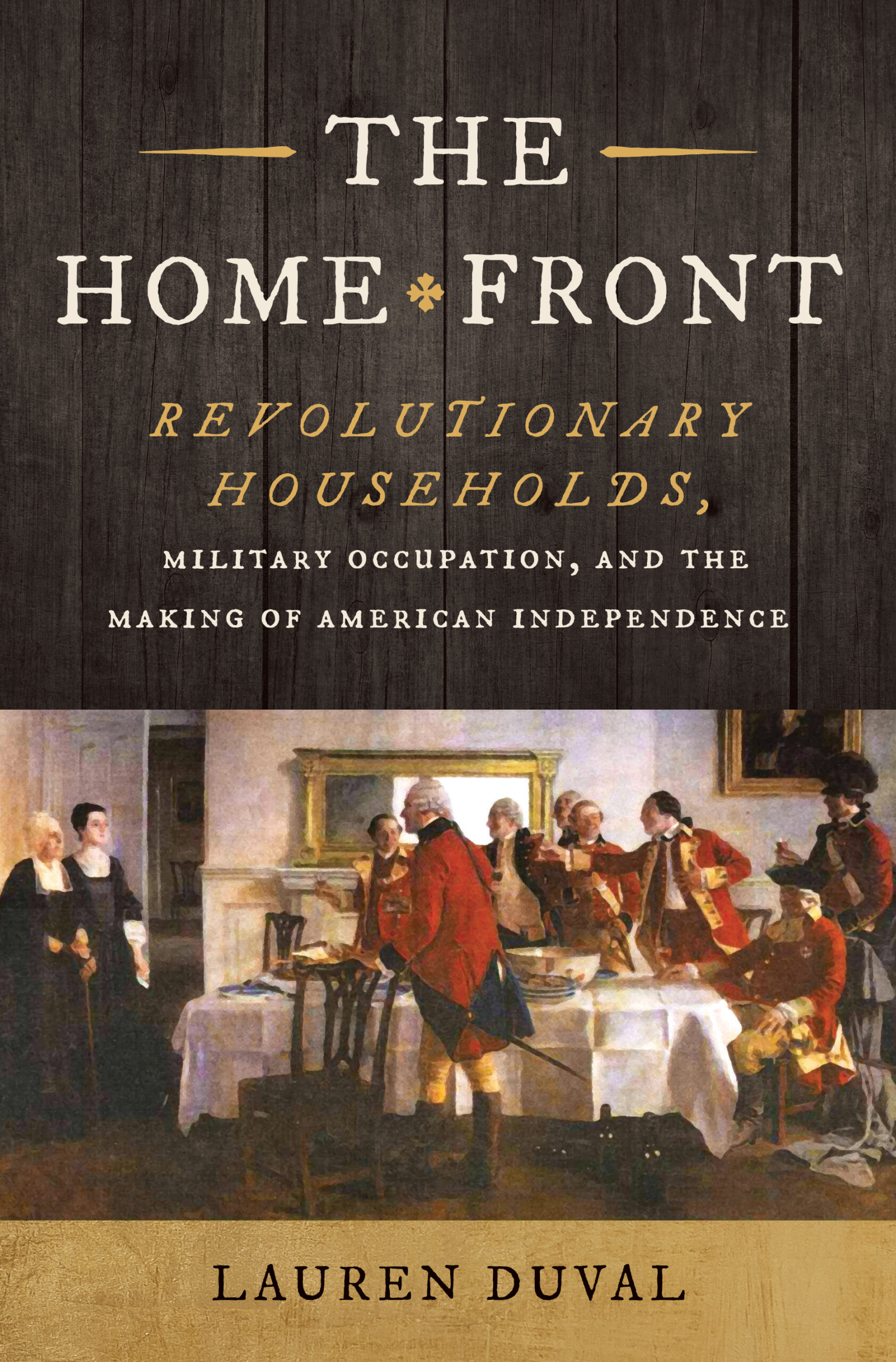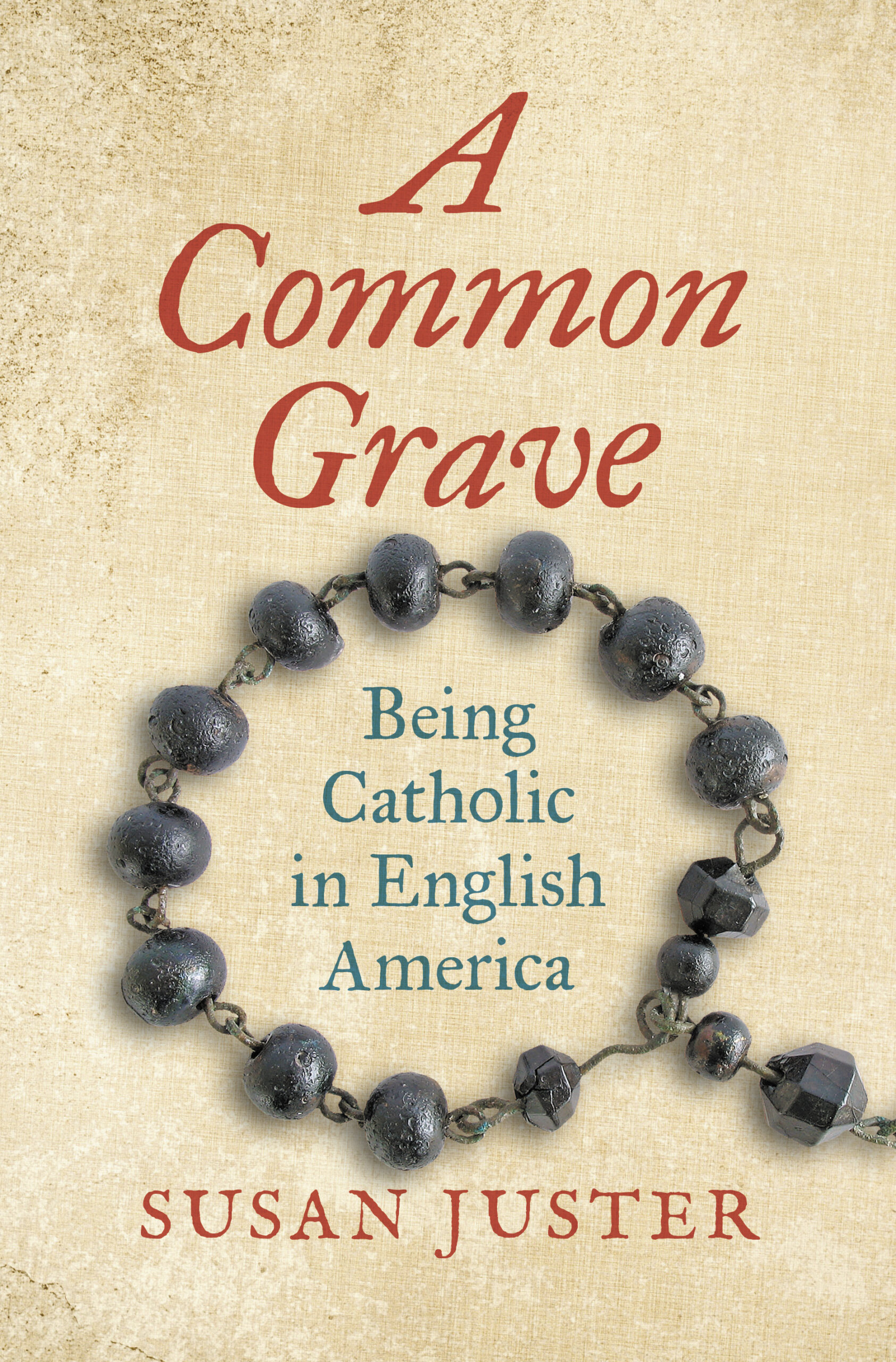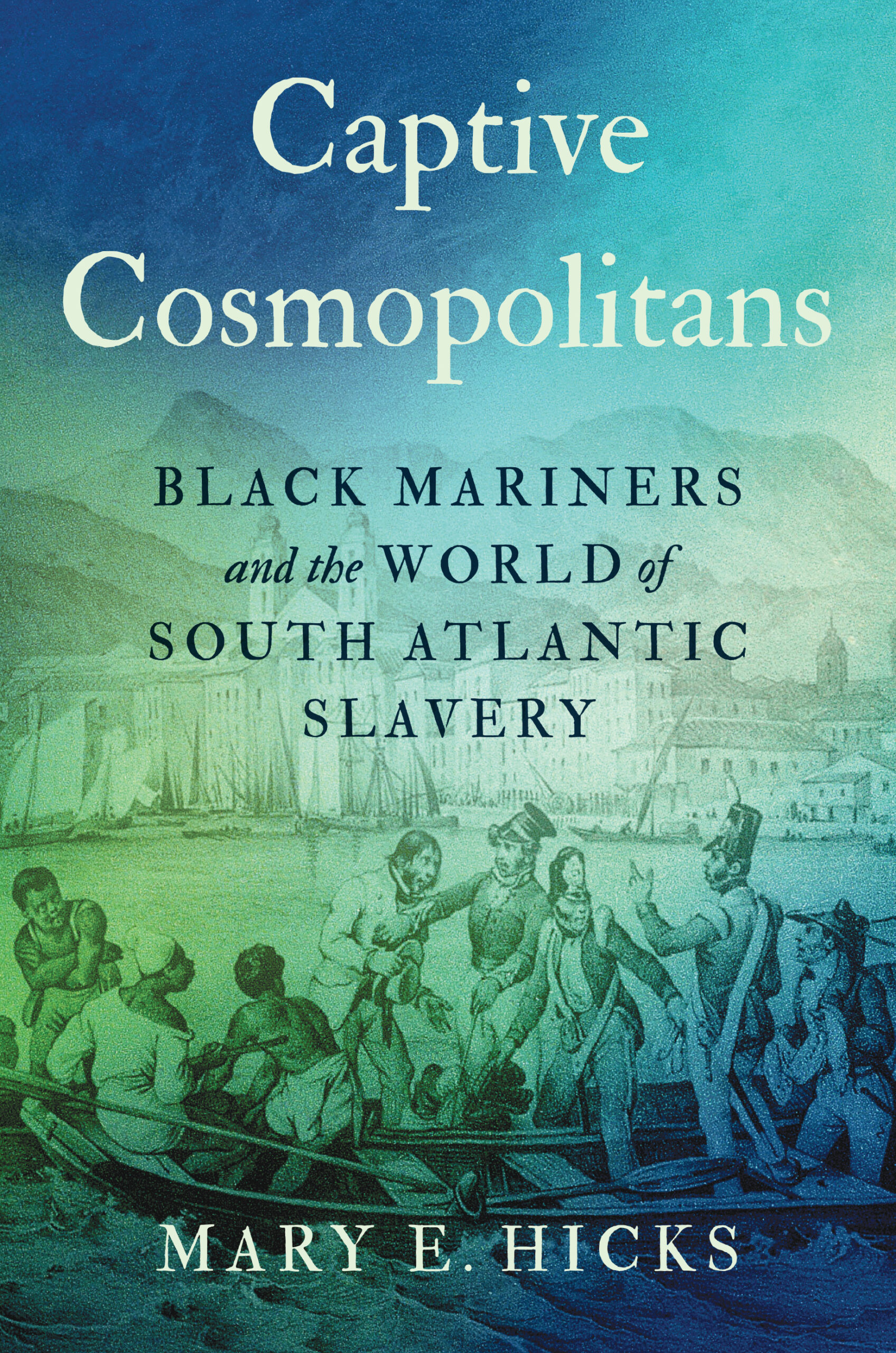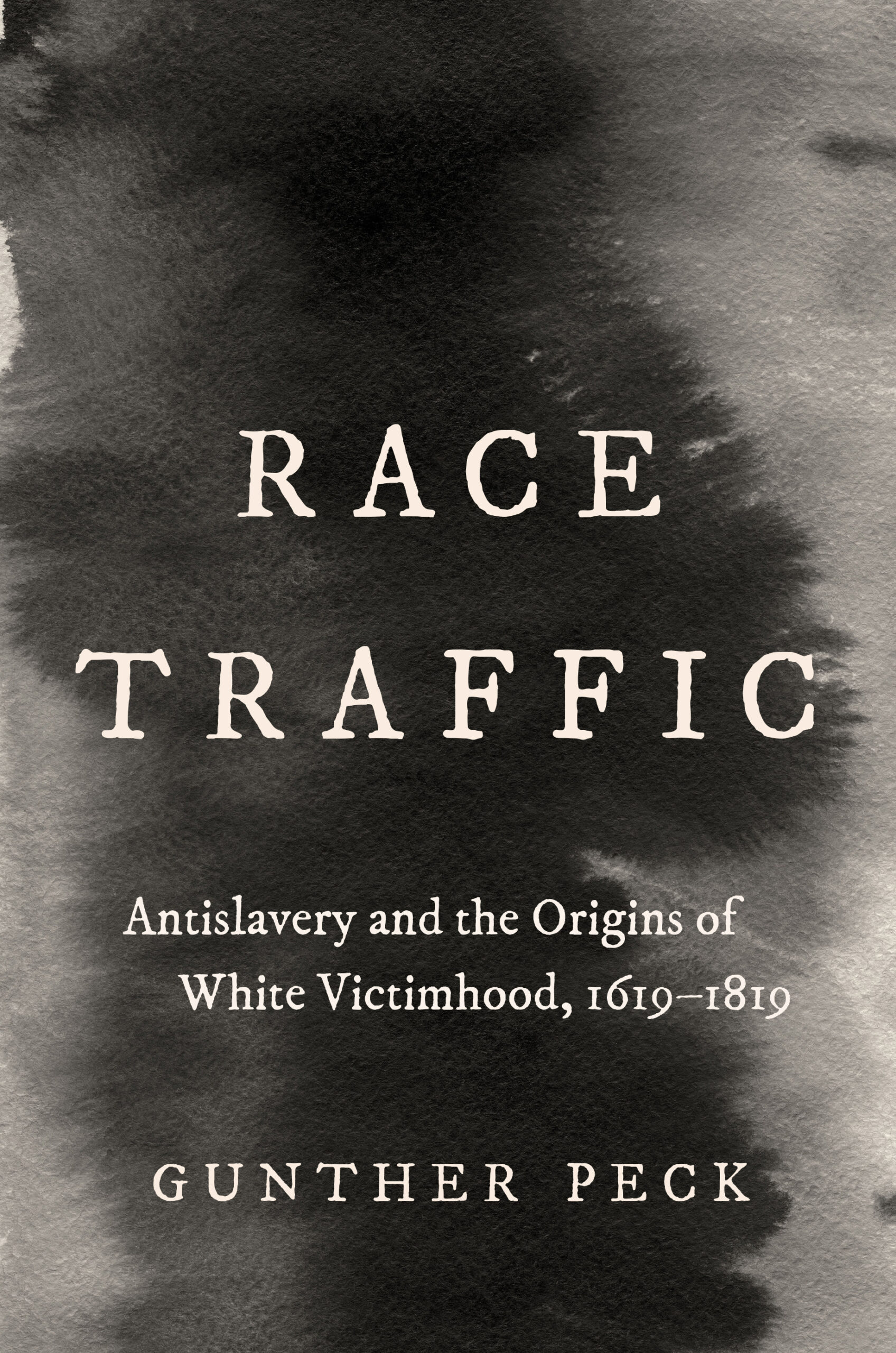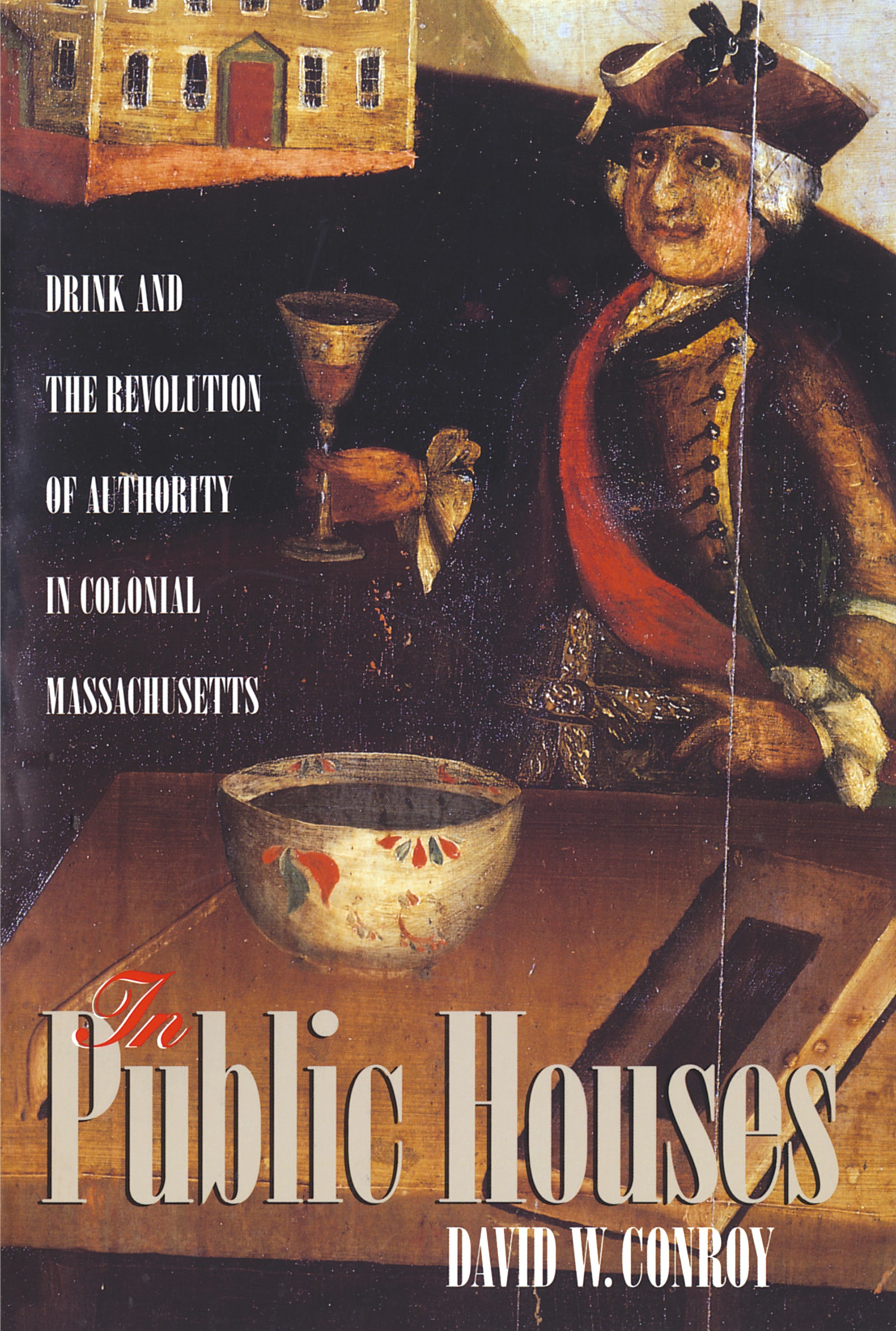
In Public Houses
Description
In this study of the role of taverns in the development of Massachusetts society, David Conroy brings into focus a vital and controversial but little-understood facet of public life during the colonial era. Concentrating on the Boston area, he reveals a popular culture at odds with Puritan social ideals, one that contributed to the transformation of Massachusetts into a republican society. Public houses were an integral part of colonial community life and hosted a variety of official functions, including meetings of the courts. They also filled a special economic niche for women and the poor, many of whom turned to tavern-keeping to earn a living. But taverns were also the subject of much critical commentary by the clergy and increasingly restrictive regulations. Conroy argues that these regulations were not only aimed at curbing the spiritual corruption associated with public houses but also at restricting the popular culture that had begun to undermine the colony’s social and political hierarchy. Specifically, Conroy illuminates the role played by public houses as a forum for the development of a vocal republican citizenry, and he highlights the connections between the vibrant oral culture of taverns and the expanding print culture of newspapers and political pamphlets in the eighteenth century.
About The Author
David W. Conroy is an independent scholar living in Weymouth, Massachusetts.
Awards
The Herbert Feis Award, American Historical Association (1996)
Choice Outstanding Academic Title (1995)
Reviews
“In Public Houses is an extraordinary work of history that gracefully traces the origins, growth, and functions of these centers of collective drink during the first two centuries of American history. . . . Challeng[es] conventional wisdom on the rigid distinction between oral and print culture, the anglicization of Massachusetts, and the influence of the Puritan ethic during the Revolution.”–Choice
“Elegantly written, closely argued, and well supported.”–American Historical Review
“Informed by careful use of concepts and methods from political and cultural anthropology, as well as from the new social and cultural history, this excellent book reveals the complexities of New England’s social and cultural development as well as the themes of literacy and evolving modernity in their formative era.”–Journal of Interdisciplinary History
“A fascinating and important book. . . . Conroy’s solid research effort and fine writing provide an extra measure of confidence in his excellent book.”–Journal of Social History
“This is a book one completes with a mounting sense of excitement that the author has brought a subject to life. . . . For historians of popular politics, Conroy through his luminous examination of the taverns has established not merely a site where events took place but a source of egalitarian, democratic values with rich implications for others to explore.”–William and Mary Quarterly
“Everyone knows that taverns were colorful and important in colonial life. But not until David Conroy’s book have we understood how the dynamics of tavern life and the phenomenon of drinking reveal changing patterns of power–the sources of power, how power was used, and how it was contested. In Public Houses is a brilliant blending of social, political, institutional, intellectual, and cultural history. Among this generation’s scholarly outpouring on colonial and revolutionary New England, Conroy’s book is one of the most fascinating and important.”–Gary B. Nash, University of California, Los Angeles
“Conroy insightfully recreates struggles over the context and meaning of drink, the controversial role of poor and female tavernkeepers, and the nature of public order in the eighteenth century.”–Barbara Clark Smith, National Museum of American History
“Offers an entirely new dimension to the uneasy connection–and competition–between the elite and plebeian worlds of eighteenth-century Massachusetts, where social hierarchy, economic distress, and political opportunism accompanied the Revolution into the modern era.”–David Konig, Washington University
